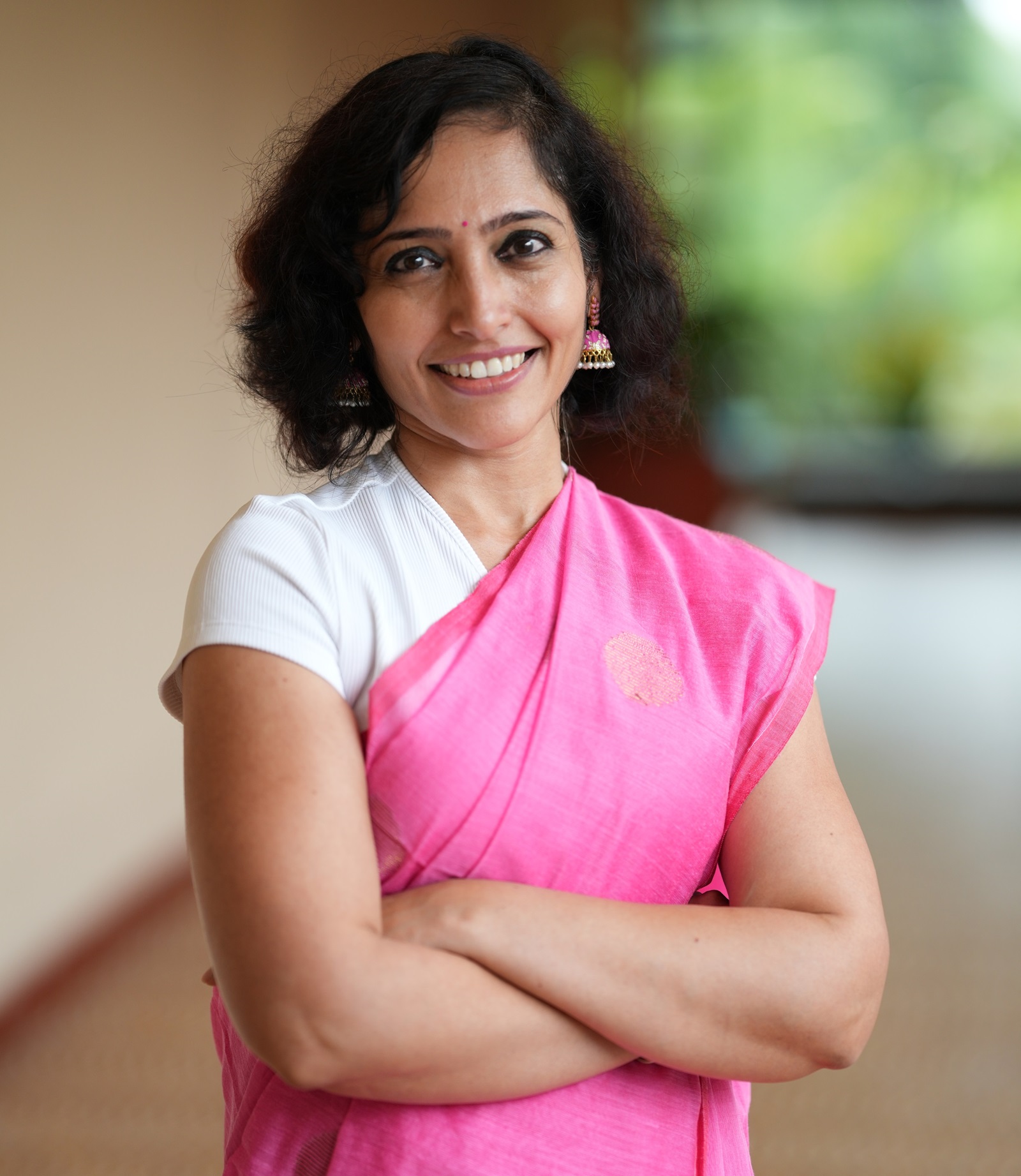In the heart of Assam, a state in north eastern India, where the challenges of healthcare access are persistent, Dr Poulome Mukherjee, (Surgical Oncologist, Cachar Cancer Hospital and Research Centre; WomenLift Health Cohort Member, India ’23) has dedicated her life to bridging gaps and empowering women. For World Cancer Day (February 4), we spoke to her about her insights on the intersection of gender and cancer care in India.
Could you tell us about the work being done by the Cachar Cancer Hospital and Research Centre?
Dr Mukherjee: The hospital caters to economically disadvantaged populations in the state. The institution is a cancer care centre in Cachar district in lower Assam that looks at the community as a whole to improve the facilities available to it. We also have small satellite centres in other districts in the same region. The issue here are the geographical challenges (facing the patients) because of poor road conditions and a lack of public transportation. It’s often difficult for patients to come to the hospital without exhausting a large chunk of their resources. So, we are trying to take the cancer care to people’s doorstep.
How does gender intersect with cancer awareness, prevention, and treatment, especially for women’s health in India?
Dr Mukherjee: Women are still conditioned to prioritize the health of others over their own, often shouldering the immense responsibilities of both family and the community. In response, the Centre initiated a preventive program in 2018 with support from the Indian Council of Medical Research (ICMR). We enlisted a group of master trainers to educate patients, particularly focusing on Accredited Social Health Activist (ASHA) workers (frontline community health workers appointed by the Government of India). This group of ASHA workers predominantly comprised of women in our region. We empowered and trained them to screen for the three most common cancers—breast, oral, and cervical—within their own districts and localities.
From 2018 to 2020, prior to the onset of the Covid-19 pandemic, the program yielded promising results. The ASHA workers, equipped with training, successfully identified and addressed cancer cases. In contrast to the general trend of less than 20 percent of the eligible population opting for screening, our approach, involving ASHA workers conducting door-to-door education and screening, achieved an impressive 80 percent compliance rate.
This outcome was both a significant learning experience for us and a major success in the realm of screening programs. It reinforced our understanding that empowering and training women community leaders in health initiatives leads to more favourable results compared to similar efforts directed at men.
As a part of WomenLift Health’s 2023 India Leadership Journey, how do you think gender shapes leadership styles in healthcare?
Dr Mukherjee: Women often demonstrate greater emotional resilience as leaders. This resilience plays a crucial role in making sustainable decisions, especially in the face of crises. Personally, I’ve leveraged this attribute numerous times to comprehend and address issues related to women, drawing from my first-hand experiences.
The ability to navigate challenges emotionally has enabled me to formulate solutions that withstand the test of time, earning acceptance from both male and female colleagues.
How can World Cancer Day be leveraged to address gender-specific cancer issues and advocate for inclusive and comprehensive cancer care for women?
Dr Mukherjee: We need to involve more men even when dealing with these issues. In many instances, it’s the men—be it the husband, father, or brother—who make decisions for the household. It’s crucial for men to understand and appreciate the challenges women face in terms of their health and emotional well-being. Including and informing both men and women is a more holistic approach when implementing these programs.
What message do you want to convey about gender-sensitive approaches in promoting early detection, prevention, and holistic cancer care for all with a special focus on women?
Dr Mukherjee: A vital message for all women: please prioritize your health. This message extends to women of all ages, everywhere. Due to the gendered division of care work, we carry a significant responsibility on our shoulders, not only for our families, but often also for the broader community. If we neglect our own well-being, it poses a challenge – to ourselves and the communities we live in. I earnestly encourage women to safeguard their health, to actively engage in screening, and to heighten their awareness about their well-being. This plea goes beyond fulfilling obligations to others; it’s about showing up for yourself.


